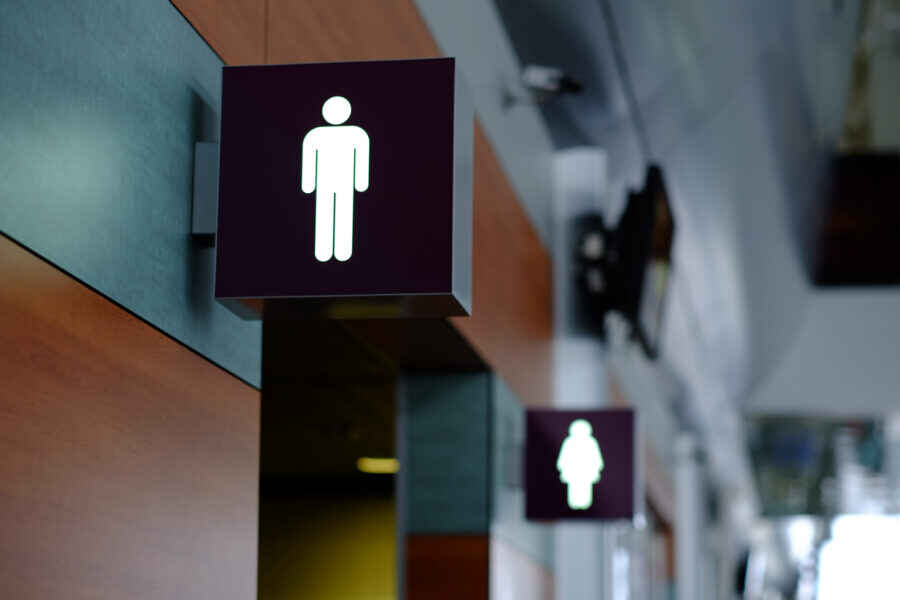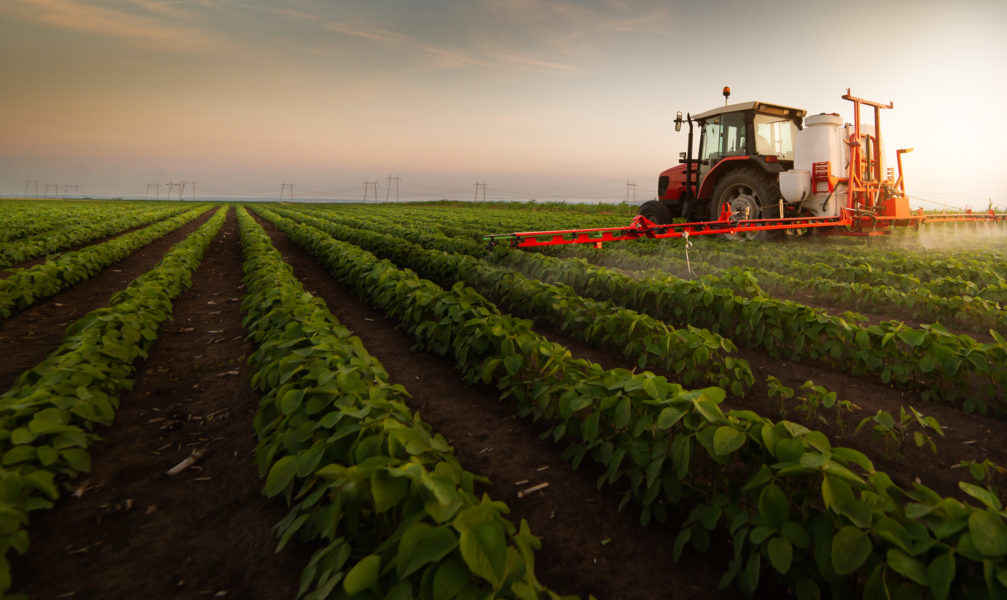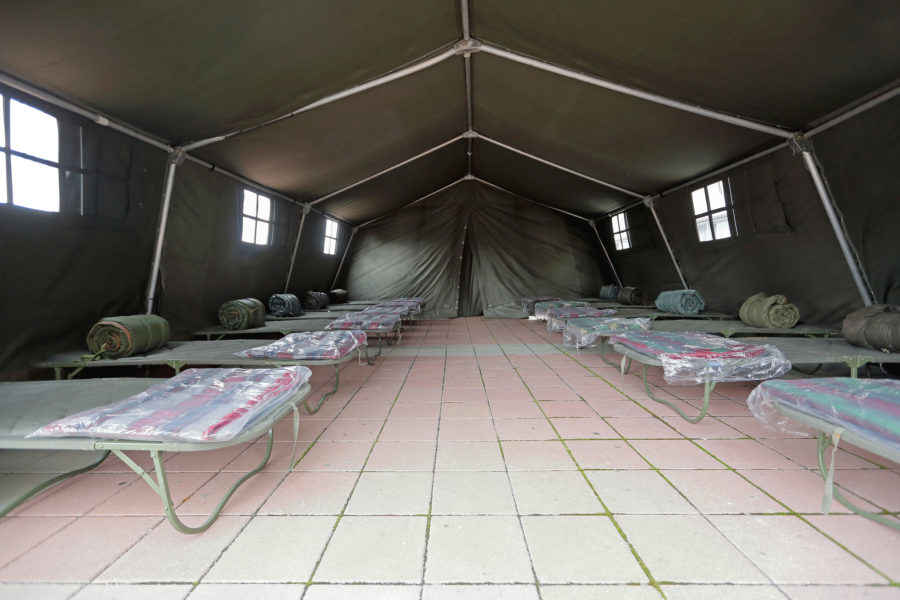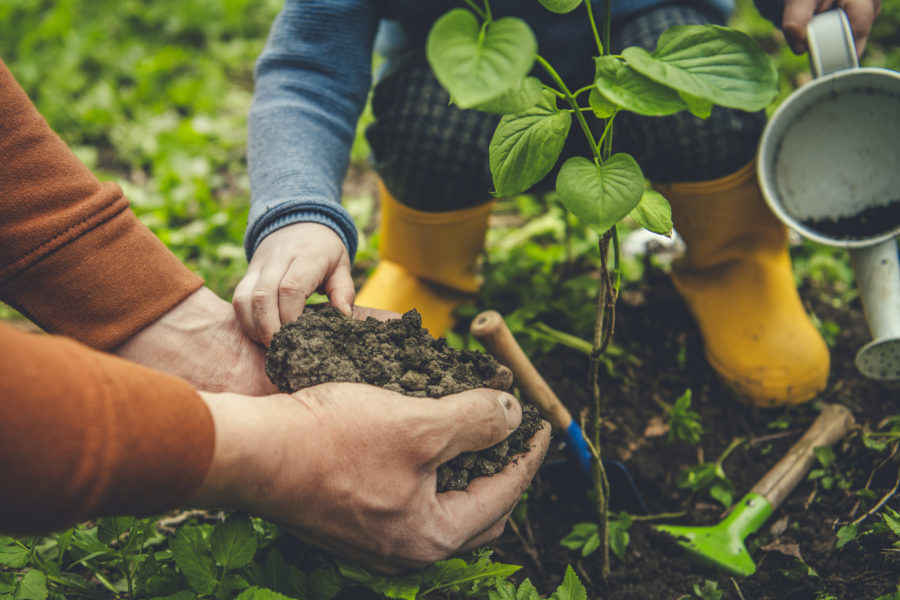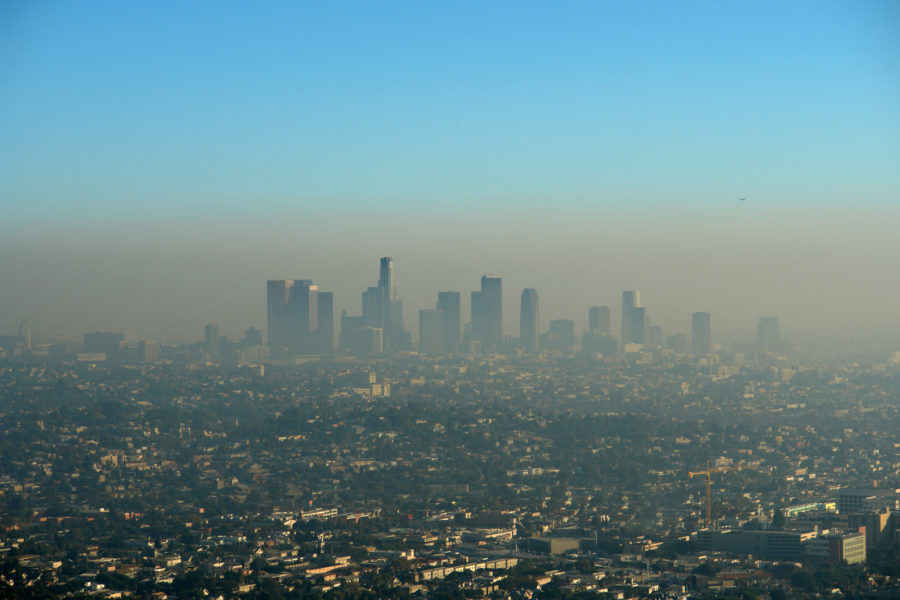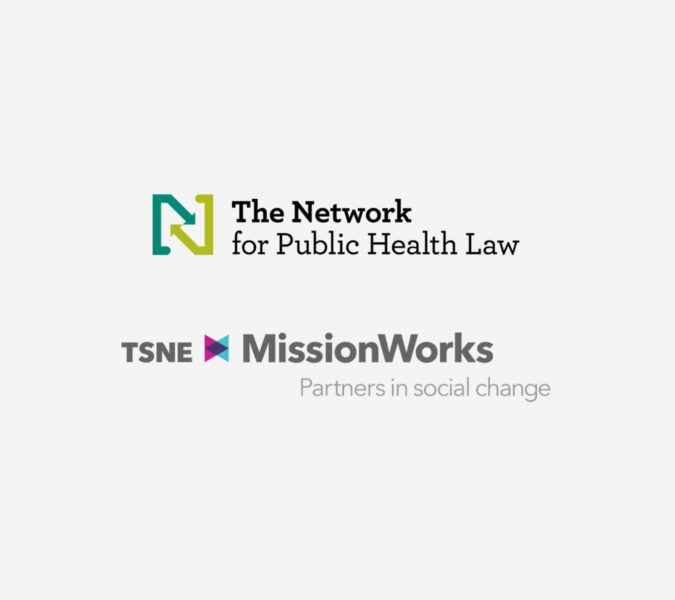Frequent hand washing is critical to preventing the spread of COVID-19, yet not everyone has easy access to running water. Lack of toilet facilities contributes to a variety of illnesses and can trigger outbreaks of contagious diseases, like Hepatitis A. Along with the homeless, others, including taxi drivers, utility workers, gas and electric service workers, people doing street repair, and people with certain medical conditions can encounter difficulty accessing toilet facilities. Today, access to public toilet facilities is even more restricted in states that have mandated closure of nearly all businesses. However, there are a variety of ways that cities can increase access to clean and safe public toilets.





